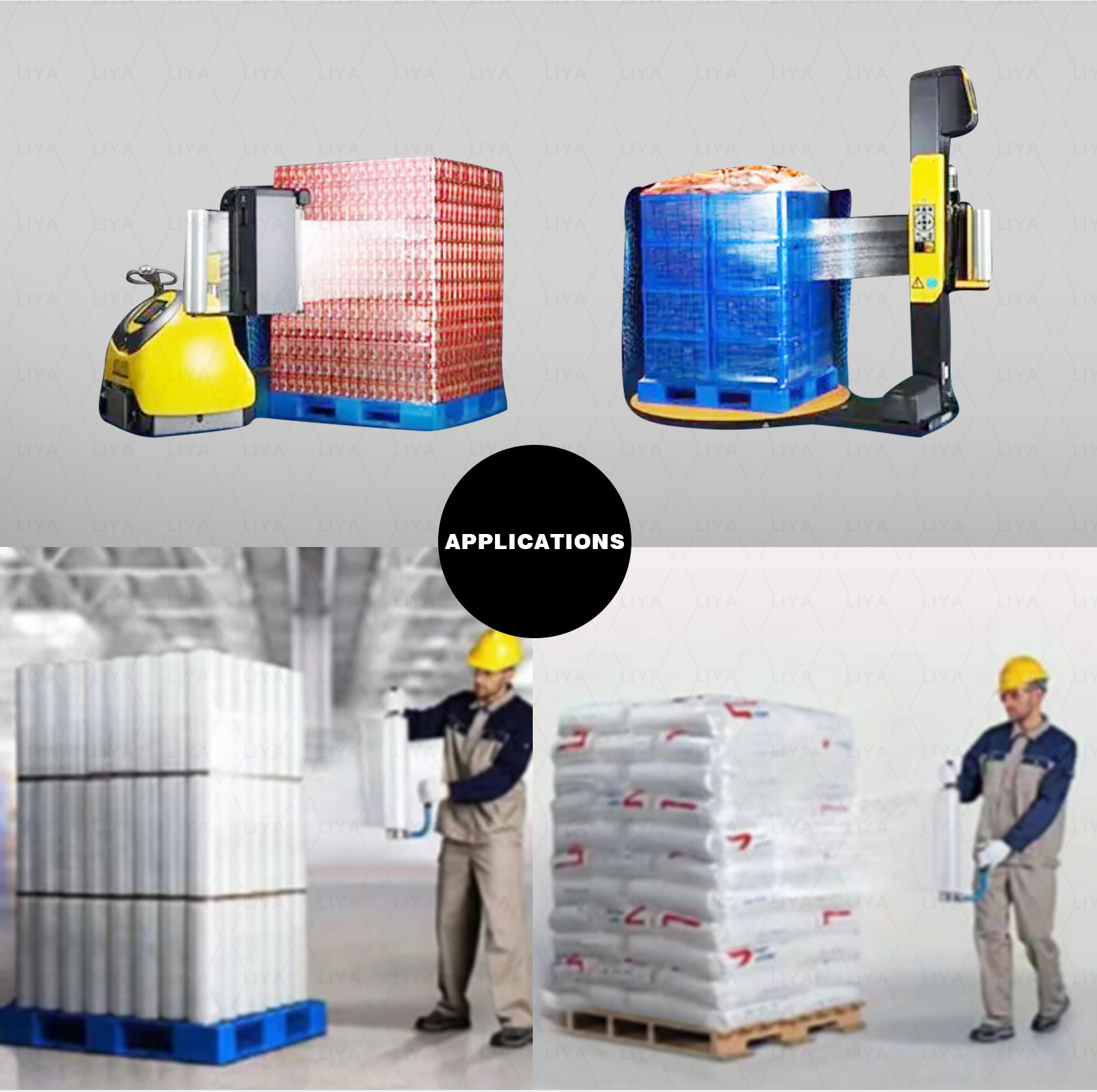Versatile Storage Solutions for Your Kitchen and Meal Preparation Needs
The Importance of Food Containers Keeping Your Meals Fresh and Organized
In our fast-paced world, the way we store and transport food has become increasingly vital. Food containers play a crucial role in maintaining the freshness, safety, and organization of our meals. From leftovers to meal prep, the right containers can enhance our culinary experiences significantly. This article will explore the types, benefits, and best practices associated with food storage containers.
Types of Food Containers
Food containers come in a wide variety of materials, sizes, and designs. The most common types include
1. Plastic Containers Lightweight and often affordable, plastic containers are popular for everyday use. They are available in various sizes, making them suitable for anything from leftovers to sandwiches. However, it's essential to choose BPA-free options to avoid harmful chemicals leaching into food.
2. Glass Containers Glass is a more durable and eco-friendly choice. Glass containers do not stain or retain odors, making them perfect for storing flavorful dishes. Moreover, they can often be used in the oven or microwave, providing versatility for cooking and reheating.
3. Stainless Steel Containers These containers are ideal for those seeking durability and a sleek aesthetic. Stainless steel is excellent for maintaining temperature, making it a favorite for transporting hot or cold meals.
4. Silicone Bags A revolutionary alternative to traditional plastic bags, silicone bags are reusable, flexible, and easy to clean. They can be used for everything from storing snacks to marinating meats.
5. Vacuum Sealed Bags Perfect for long-term storage, vacuum-sealed bags remove air from the container, significantly prolonging food freshness. This method is essential for meal prep, sous-vide cooking, and for those who buy in bulk.
Benefits of Using Food Containers
1. Food Preservation Proper storage is key to prolonging the shelf life of food. Containers help to minimize exposure to air, moisture, and bacteria, ensuring that meals remain fresh and safe to eat.
2. Reducing Waste By storing leftovers in appropriate containers, we can minimize food waste. Having easy access to prior meals encourages us to consume what we have, rather than letting it spoil and ending up in the trash.
food containers

3. Portion Control Food containers make it easy to practice portion control when meal prepping. By dividing meals into specific servings, individuals can better manage their dietary intake.
4. Organization Keeping a well-organized fridge and pantry is easier with the help of containers. Clear containers allow for easy visibility of contents, while stackable designs maximize space.
5. Convenience For busy individuals, food containers provide a simple and efficient way to prepare meals ahead of time. With everything pre-portioned and ready to go, mealtime becomes less stressful.
Best Practices for Using Food Containers
To reap the full benefits of food containers, consider the following practices
1. Choose the Right Size Select containers that fit your intended use. Smaller containers are perfect for snacks or sides, while larger ones are ideal for main dishes or bulk storage.
2. Labeling For organization and freshness, label containers with dates and contents. This practice helps you keep track of when food was cooked and prevents unintentional food spoilage.
3. Cleaning and Maintenance Regularly clean containers, especially plastic ones, to avoid stains and odors. Check for wear and tear, especially if they have been in the microwave or dishwasher frequently.
4. Avoid Overfilling Leave some space in containers to allow for expansion, especially with liquids. Overfilled containers can lead to spills and mess.
5. Invest in Quality While it may be tempting to buy cheap containers, investing in high-quality options will pay off in the long run. Durable containers save money as they last much longer and provide better insulation.
In conclusion, food containers are an essential tool in everyone’s kitchen. By understanding the various types, benefits, and best practices, we can optimize our food storage, reduce waste, and make mealtime more enjoyable. Whether you’re a seasoned chef or an occasional cooker, incorporating efficient food containers into your routine will undoubtedly enhance your culinary experience.
-
Self Seal Bags: Secure, Clear, and Customizable Packaging for Every IndustryNewsAug.15,2025
-
Paper Cups: Bulk Solutions for Events, Cafés, and Eco-Friendly ServiceNewsAug.15,2025
-
Laminated Bags: Durable, Customizable Packaging for High-Impact BrandsNewsAug.15,2025
-
Grocery Bags: Smart, Sustainable, and Scalable Solutions for RetailersNewsAug.15,2025
-
Drawstring Bags: Versatile, Customizable, and Cost-Effective for Bulk UseNewsAug.15,2025
-
Disposable Gloves: Wholesale Solutions for Safety, Hygiene, and EfficiencyNewsAug.15,2025
-
Have the freedom of customizing your custom mailers any way you want! Our dedicated packaging support will help deliver you the mailing experience you need to elevate your shipping experience to the next level! Start making a strong impression on your customers and stand out from your competitors! -
LIYA uses high quality raw materials which directly purchased from large enterprises domestic and overseas such as PetroChina, Sinopec, Sabic, Equate, ExxonMobil, Dow Chemical, Total, and Borouge, ensuring the price advantage and quality of the raw materials. -
LIYA uses high quality raw materials which directly purchased from large enterprises domestic and overseas such as PetroChina, Sinopec, Sabic, Equate, ExxonMobil, Dow Chemical, Total, and Borouge, ensuring the price advantage and quality of the raw materials.





